The Unilink bus service is used by hundreds of Stirling students during term time.
Connecting the city centre with Stirling University, the popular Midland Bluebird route goes through Causewayhead and is scheduled to arrive on campus every 10 to 15 minutes.
The quick, regular connection means some Causewayhead residents also use the service.
However, congestion on the busy Causewayhead Road can cause delays, leaving some frustrated users feeling they can’t depend on the Unilink bus.
Some students choosing bikes over ‘anxiety-inducing’ Unilink bus
Whilst I rarely use the service myself, I am a student at the university, and I often hear about how unhappy my peers are with the frequency of the bus.
Some have resorted to cycling to university, as they feel the new active travel route in Causewayhead offers a faster, cheaper alternative to public transport.
Elliot Johnston, 21, who lives in the Causewayhead area told me: “I don’t have a free bus pass and I outright refuse to pay £2 each way for such a short trip.
“The Santander bikes are free to use, way more plentiful and let you get a bit of extra exercise into your day, so I’ll choose them every time.”
Others need to use the Unilink bus, despite their dissatisfaction with the service.
Alice Pollard, 21, said: “I’ve missed the start of a shift at the university because the first bus of the day didn’t show up.
“How can a bus be late for the very first one of the day?
“It was incredibly anxiety-inducing.”
She added: “I want to show up well for my employers, and I’m paid hourly so being 30 minutes late has quite an impact.”
Whether for work or education, it’s clear the Unilink bus provides a crucial connection for Stirling students.
I decided to spend some time on campus to see for myself if the complaints about the service are justified.
How did Unilink do during the morning commuter rush?
I arrive on University of Stirling campus at 8am, just in time for the morning rush.
To my surprise, given what I’ve heard from my fellow students, the 8:05am bus swiftly pulls in – a minute earlier than scheduled.
The double-decker is packed.
Dozens of passengers disembark and none board, allowing the driver to make a punctual getaway.
Looking at the time, I gauge that commuter traffic is only just beginning to pick up.
Maybe this bus has just beaten the traffic, and the following services will not be so lucky, I think.
But, at 8:32am, I hear the next Unilink bus rumble around the corner exactly on time.
The sole service arriving after it’s scheduled time is the 9:03am bus, which pulls in only two minutes late.
Similarly, the 54, 15A and the 909 Citylink service all seem to arrive and depart at the uni without a hitch.
Now I’m confused.
I’d heard lots of horror stories from students about missing their 9am lectures because of the unreliable bus service.
Yet, the first two buses of the day have been perfectly scheduled to get people on campus in time for their early classes.
Then, when I recheck the timetable, I discover the 8:22am Unilink bus has been cancelled, and two more follow suit as I watch.
All scheduled buses only start running as normal again from 9:45am.
I asked Midland Bluebird what the cause of the cancellations were, but didn’t receive a response.
READ MORE: We travelled on some rural Stirlingshire bus routes – here’s what happened
Cancellations just delays by another name
You might be wondering what I’m wondering: why did the bus service I’d heard so many bad things about turn out to be relatively punctual?
It could be related to the time of year.
Teaching at the university ended on April 11. Exams are ongoing, and dissertations are being written, but the vast majority of students are no longer travelling to campus.
Tellingly, the car park was half-empty, which is unheard of any time after 9am on a weekday when classes are on.
However, even without term-time traffic, my morning bus shelter stake-out revealed to me that the Unilink bus is not a perfect service.
I think students are justified in complaining about it.
Arriving late for class or work, even by 10 minutes, due to a cancelled bus could have a negative impact, especially if it ends up happening regularly.
Even if the majority of its buses run on time, can a service with so many cancellations ever be considered truly reliable?
For more Stirling news and features visit our page or join us on Facebook
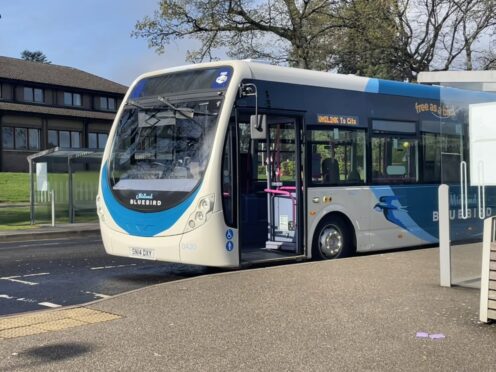
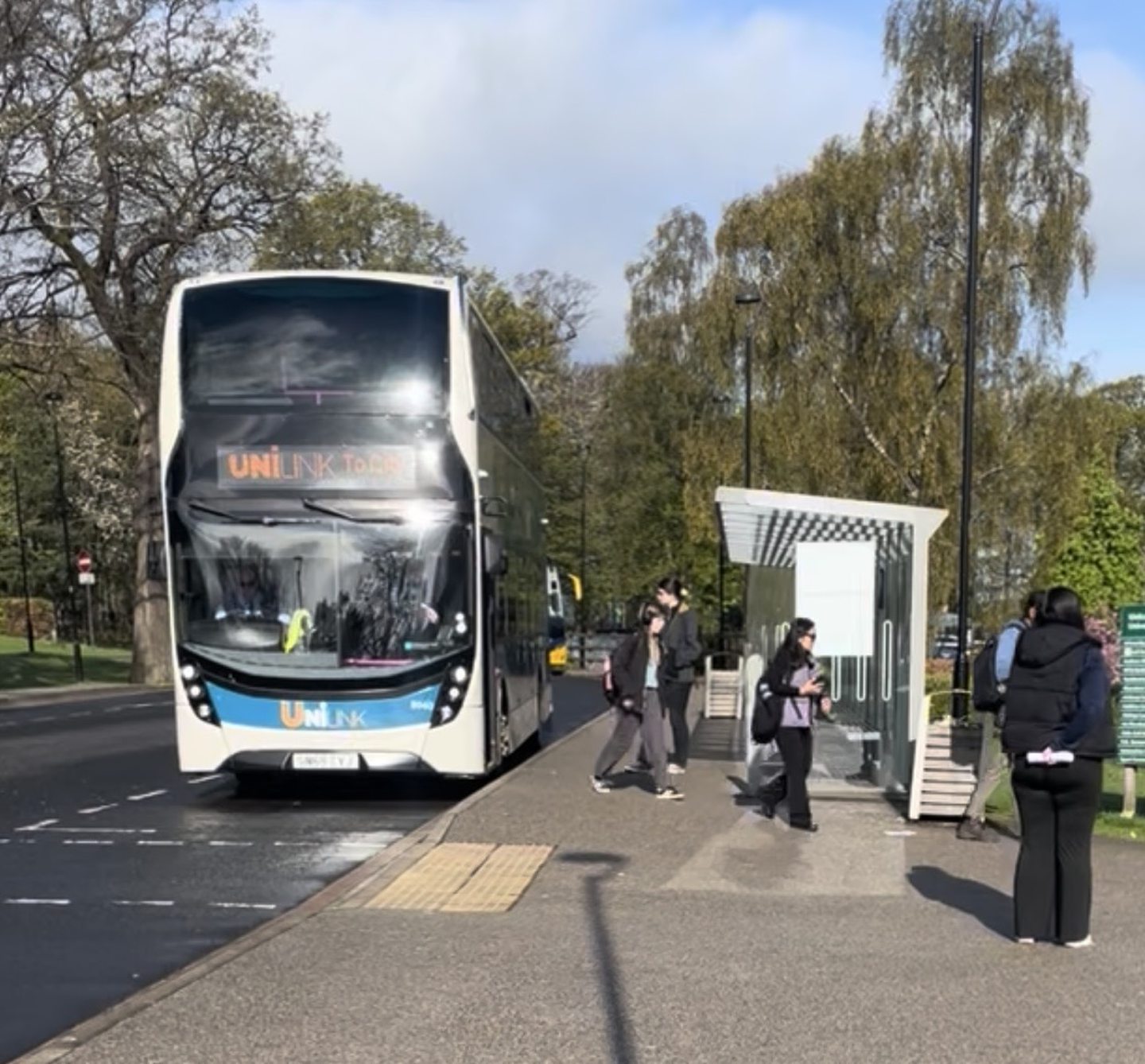
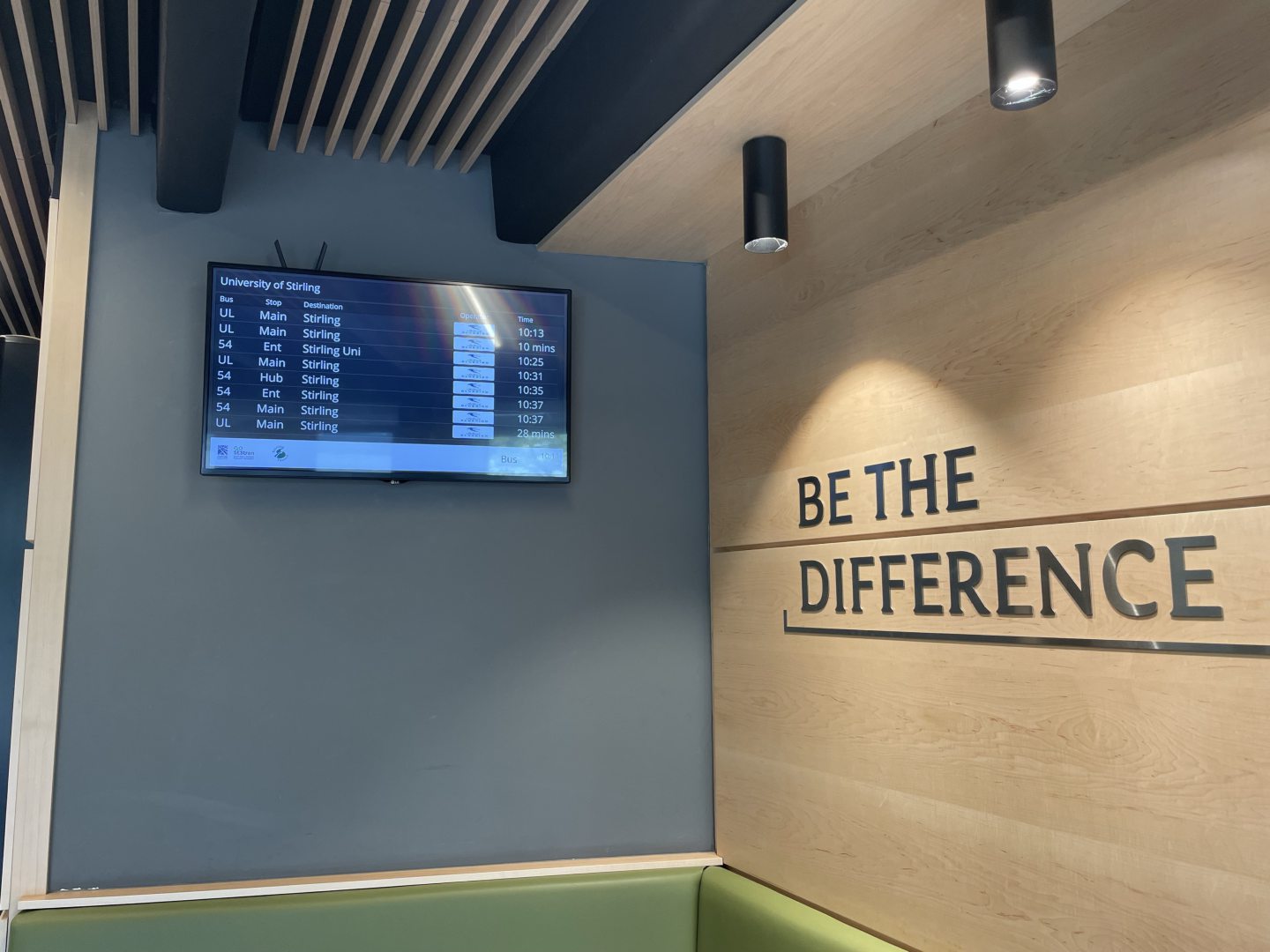



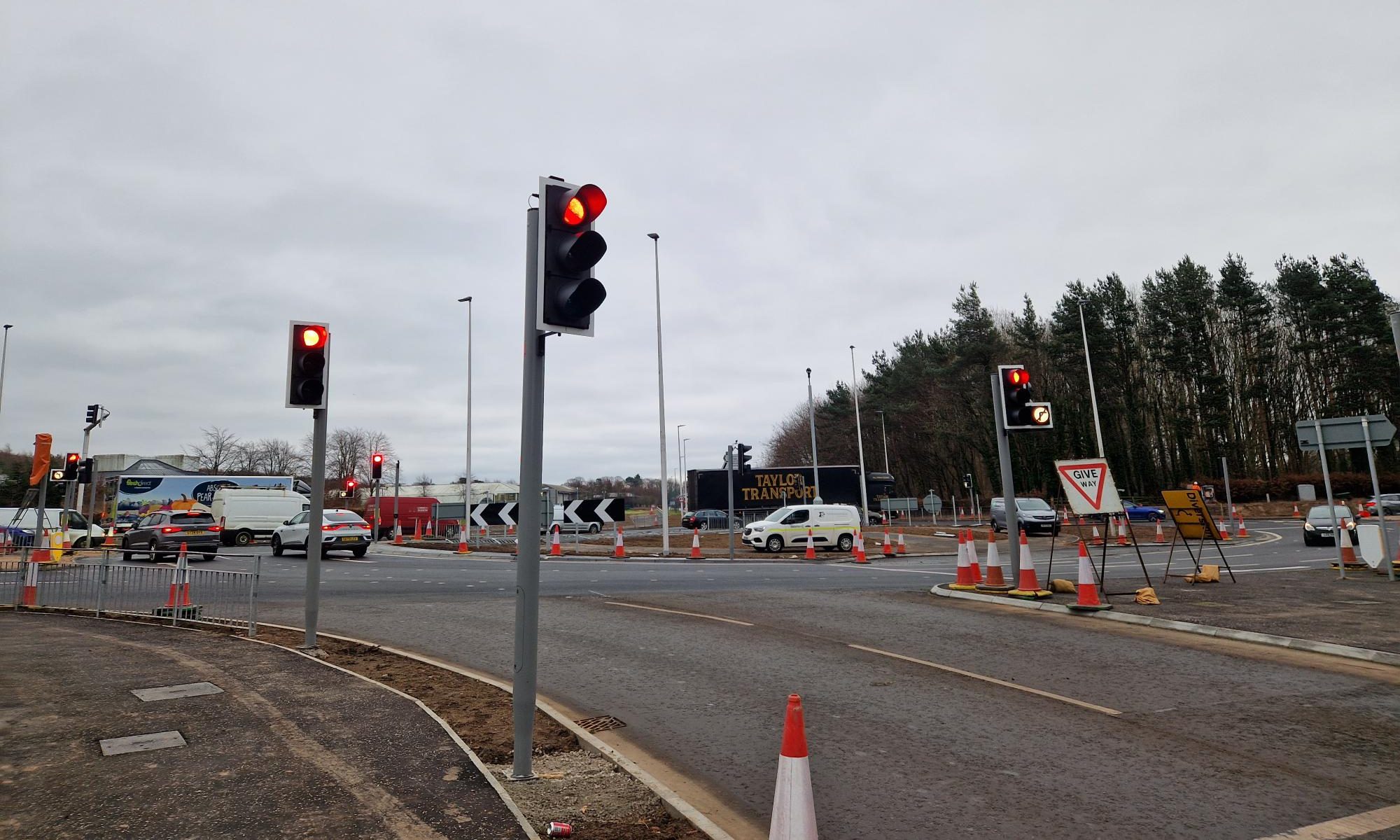
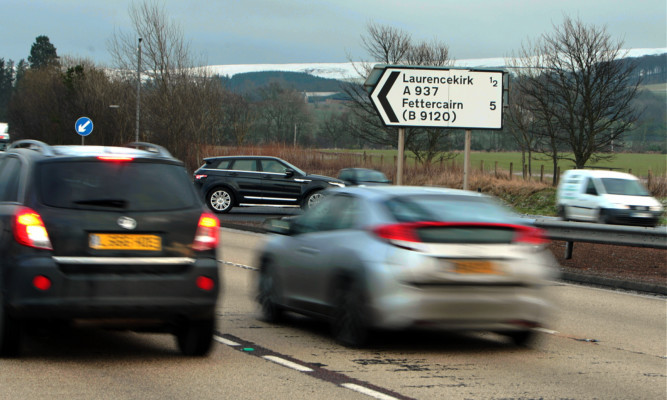
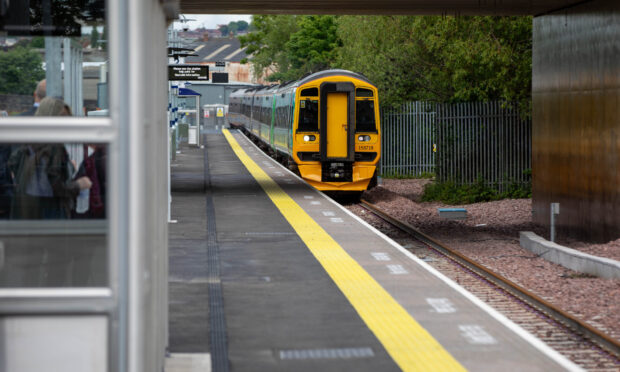

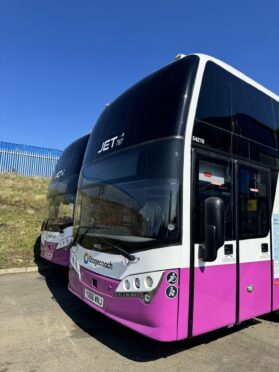

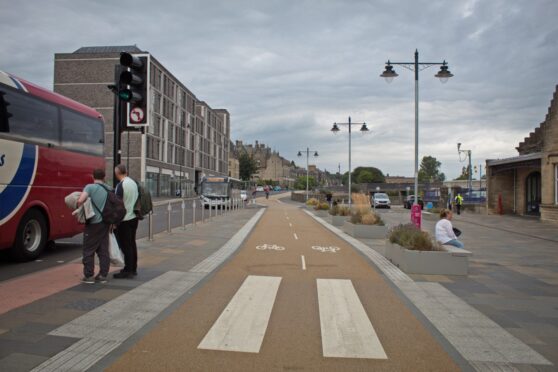
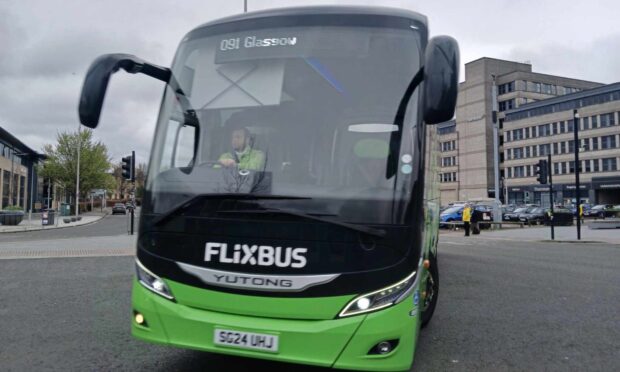
Conversation